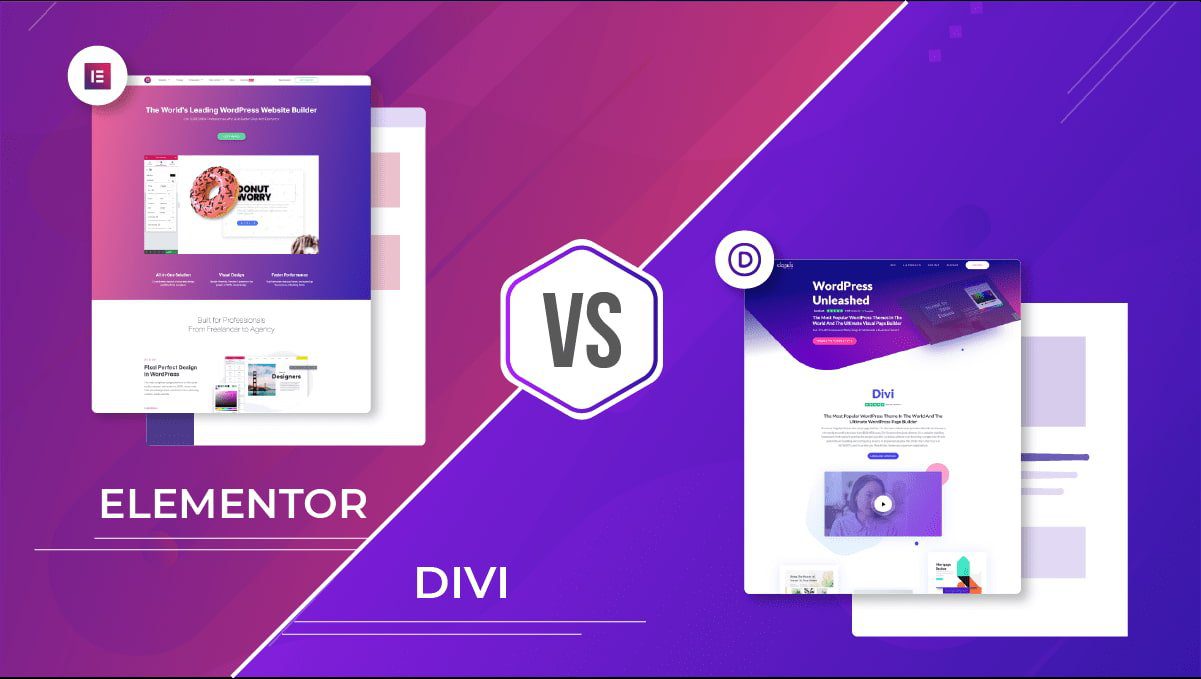Let me get this out of the way; I am a Divi advocate through and through. This article will be 100% biased. I will however do my best to not drop to much poo on Elementor. With that said, let’s get this thing going.
Selecting the right page builder for your WordPress website is more than just a choice—it’s a commitment that shapes the future of your online presence. As you embark on this journey, two prominent options emerge: Divi and Elementor.
Both platforms offer an array of features catering to diverse needs, but today, we’ll focus on why Divi might be the preferred choice for those familiar with the WordPress ecosystem.
Divi: The Power User’s Delight
Developed by Elegant Themes, Divi stands out as a comprehensive solution for WordPress users seeking heightened customization and efficiency.
Divi’s appeal lies in its intuitive nature, designed with the experienced WordPress user in mind who aims to push the boundaries of their site’s capabilities.
Explore Divi’s Comprehensive Documentation here. Divi goes beyond mere tools; it offers a playground for creative expression. Its extensive template library, coupled with highly customizable modules, empowers users to build almost anything they can envision.From intricate layouts to dynamic content, Divi equips you with the necessary tools to craft a website that truly stands out.
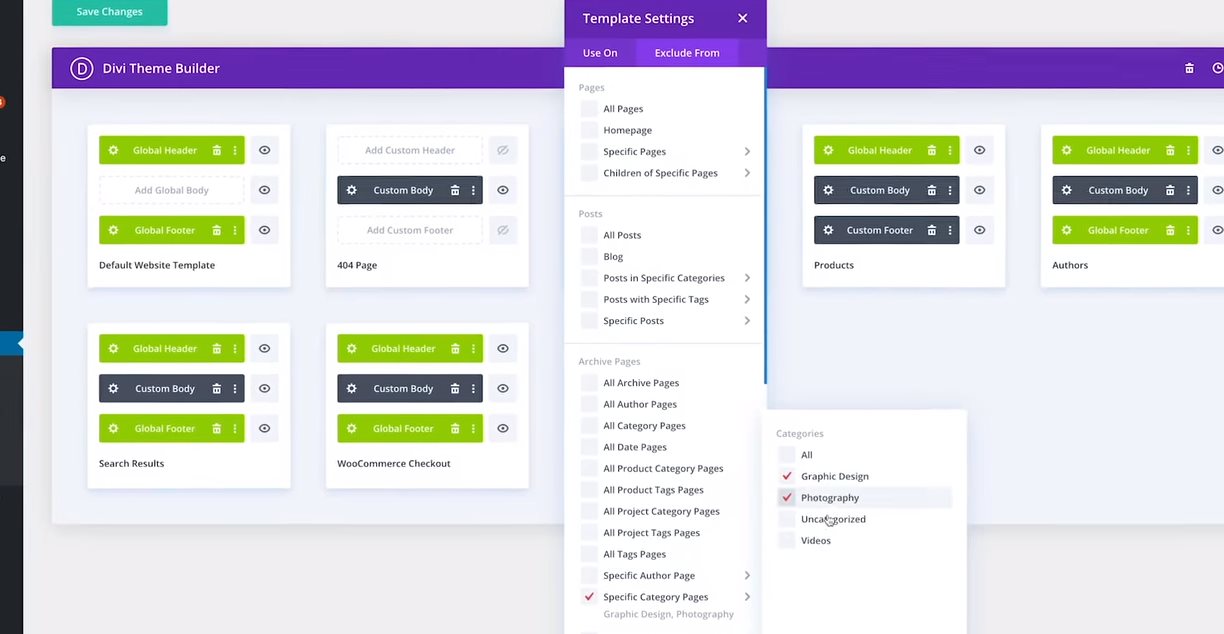
Divi’s Versatility: Unlocking Endless Possibilities
Divi’s versatility is a significant advantage, catering to a wide range of users and use cases.
Whether you’re building a simple blog, a complex e-commerce platform, or an engaging portfolio, Divi’s extensive library of pre-designed templates and modules provides a solid foundation to kickstart your project.
This flexibility allows even novice WordPress users to create professional-looking websites with minimal effort.
Divi’s Ecosystem: Enhancing the WordPress Experience
Beyond its core functionality, Divi’s ecosystem further strengthens its appeal. The platform boasts a thriving community of users, developers, and designers who contribute to a wealth of resources, including third-party plugins, customizations, and tutorials.
This ecosystem fosters a collaborative environment, enabling users to leverage the collective knowledge and expertise to refine their websites and stay ahead of the curve.
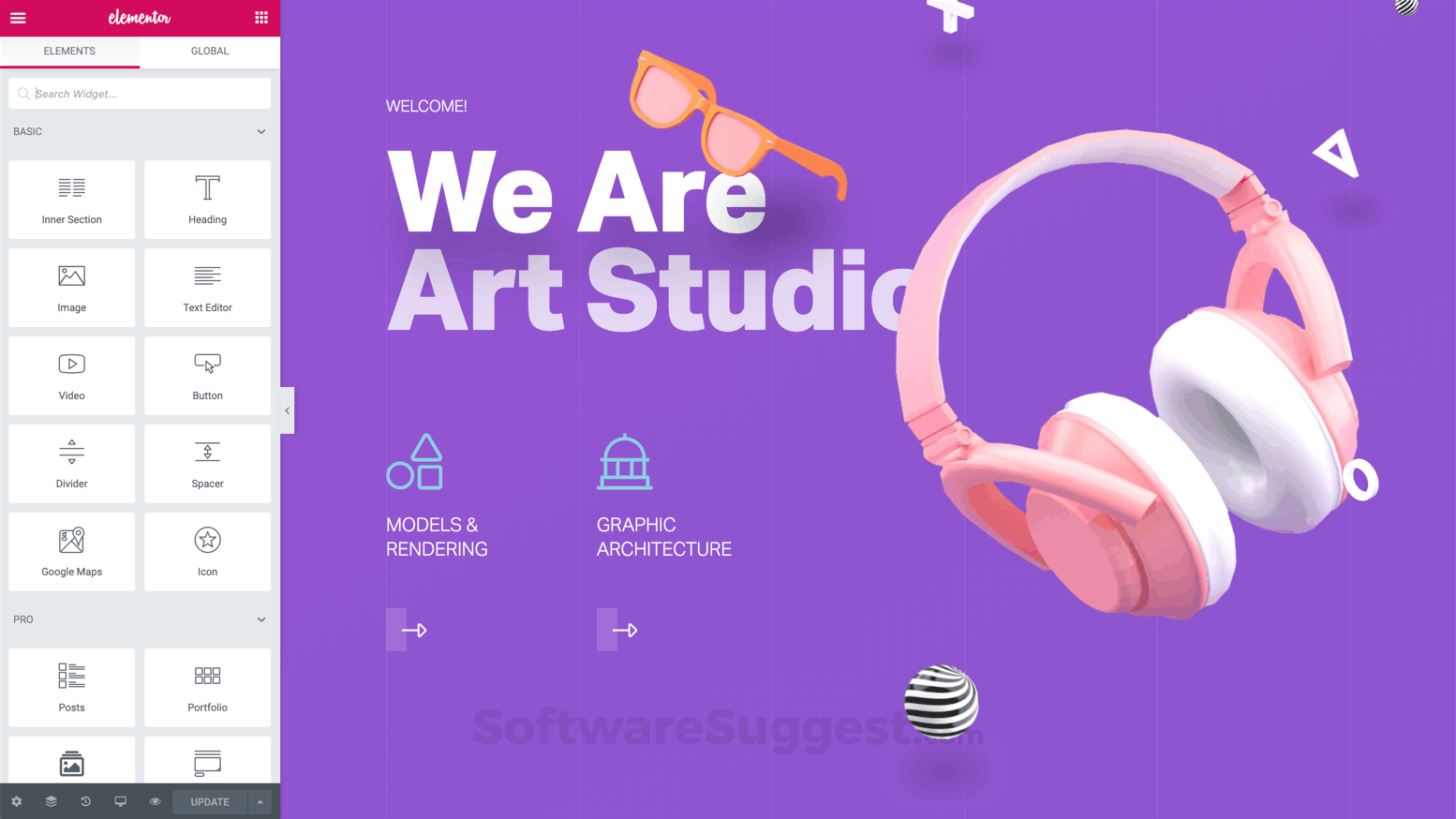
Elementor: A Worthy Contender
Elementor has quickly become a fan favorite, especially known for its simplicity and versatility.
Imagine having a Swiss Army knife for your WordPress site; that’s Elementor for you. Its drag-and-drop interface is a dream come true for those who prefer to steer clear of coding.
It’s so straightforward that, theoretically, even your grandma could whip up a professional-looking website overnight.
Beyond its user-friendly appeal, Elementor doesn’t skimp on functionality. It boasts an impressive array of templates and widgets that allow for easy integration of sophisticated elements into your pages.
Crafting a contact form or a captivating hero section becomes a piece of cake with these tools at your disposal.
When it comes to making sure your site looks great on any device, Elementor has got your back. Adjusting text sizes, spacing, and other elements for optimal mobile viewing is as easy as pie.
This ensures your site is as mobile-friendly as those viral puppy videos we all love.
But it’s not just about the features. Elementor is supported by a vibrant community and extensive documentation. Whether you need design inspiration or solutions to tricky problems, you’re never left in the lurch.
The community and resources around Elementor are like having a tech-savvy friend always ready to help.
So, while Divi might be seen as the seasoned artist, full of depth and complexity for those delving deep into WordPress design, Elementor shines as the beacon of innovation and simplicity.
It’s perfect for those eager to transform their site ideas into reality quickly and without fuss. In the grand cosmos of WordPress, Elementor is the starship that’s easy to pilot, inviting captains of all experience levels to embark on their journey.
It’s a true testament to how Elementor has made web design accessible and enjoyable for everyone. Ease of Use: A Friendly Face-Off
Ease of Use: A Friendly Face-Off
Elementor’s Approach: Your Friendly Neighborhood Builder
Think of Elementor as that welcoming neighbor who always has the tool you need to borrow. It’s all about making you feel at home from the moment you start:
Fixed Sidebar Layout: Keeps everything you need within arm’s reach, making navigation a breeze. It’s like having a well-organized toolbox where every tool has its place.
Drag-and-Drop Editor: Clean and straightforward, this editor is like playing a game where you instinctively know the rules. It’s designed to be as intuitive as playing with building blocks, inviting even the most hesitant beginners to join in the fun.
Beginner-Friendly Learning Curve: Elementor ensures you won’t feel overwhelmed. It’s like learning to ride a bike with training wheels, providing a safety net until you’re ready to speed off on your own.
Divi’s Game Plan: The Challenge That Becomes an Addiction
Now, picture Divi as the trendy, slightly mysterious coffee shop that just opened up. It looks daunting at first, but once you’ve tasted their signature drink, you’re hooked:
Floating Buttons: Divi brings an element of surprise with its interface, featuring floating buttons that might seem like a bit much at first glance.
It’s akin to discovering a secret menu; it takes a moment to get the lay of the land, but once you do, it feels like you’re in on a secret.
A Plethora of Options: With Divi, options abound, making it feel like a puzzle. At first, it’s a head-scratcher, but as you get accustomed to it, you find yourself deeply engrossed, craving the satisfaction of fitting all the pieces together.
Tailored for the Web-Building Muscle: This platform is for those ready to flex their web design skills. It’s like going from jogging to marathon training; the transition is challenging but oh-so-rewarding.
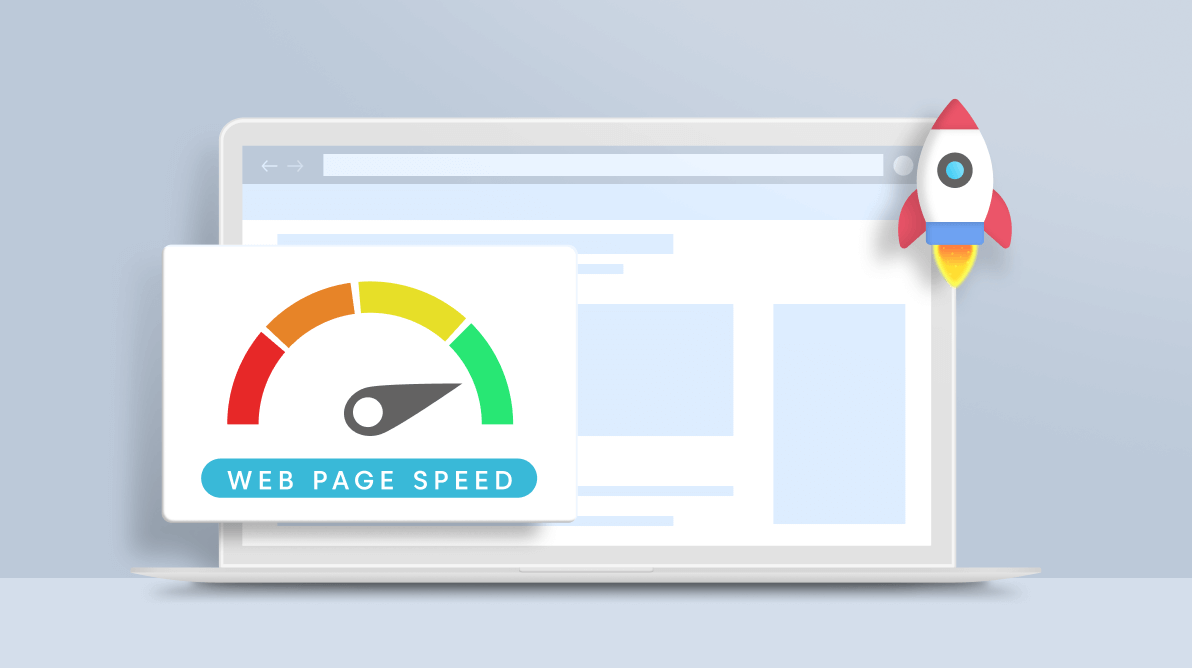
Performance in the Ring
While Elementor boasts of producing lighter pages that zip around the web, Divi might make your site feel like it’s running with weights on, unless you give it a good tune-up.
This is an important consideration, as page speed has a direct impact on user experience and search engine optimization.
Divi’s extensive feature set and comprehensive design capabilities come with a potential trade-off in terms of performance.
The rich functionality and highly customizable nature of Divi can result in larger file sizes and increased server load, which may slow down your website’s loading times, especially on low-resource hosting environments.
However, this doesn’t mean Divi is inherently slower. With the right optimizations, Divi sites can achieve impressive page speed metrics.Techniques such as image compression, script optimization, and leveraging caching plugins can help mitigate Divi’s performance impact.
Additionally, pairing Divi with a robust hosting plan that can handle the resource demands can ensure your website delivers a snappy user experience.
In contrast, Elementor’s lightweight nature and streamlined approach generally result in faster page loads out of the box.
The simplicity of its design tools and the ability to create lean, optimized pages contribute to Elementor’s performance advantage, particularly for users with limited technical expertise.
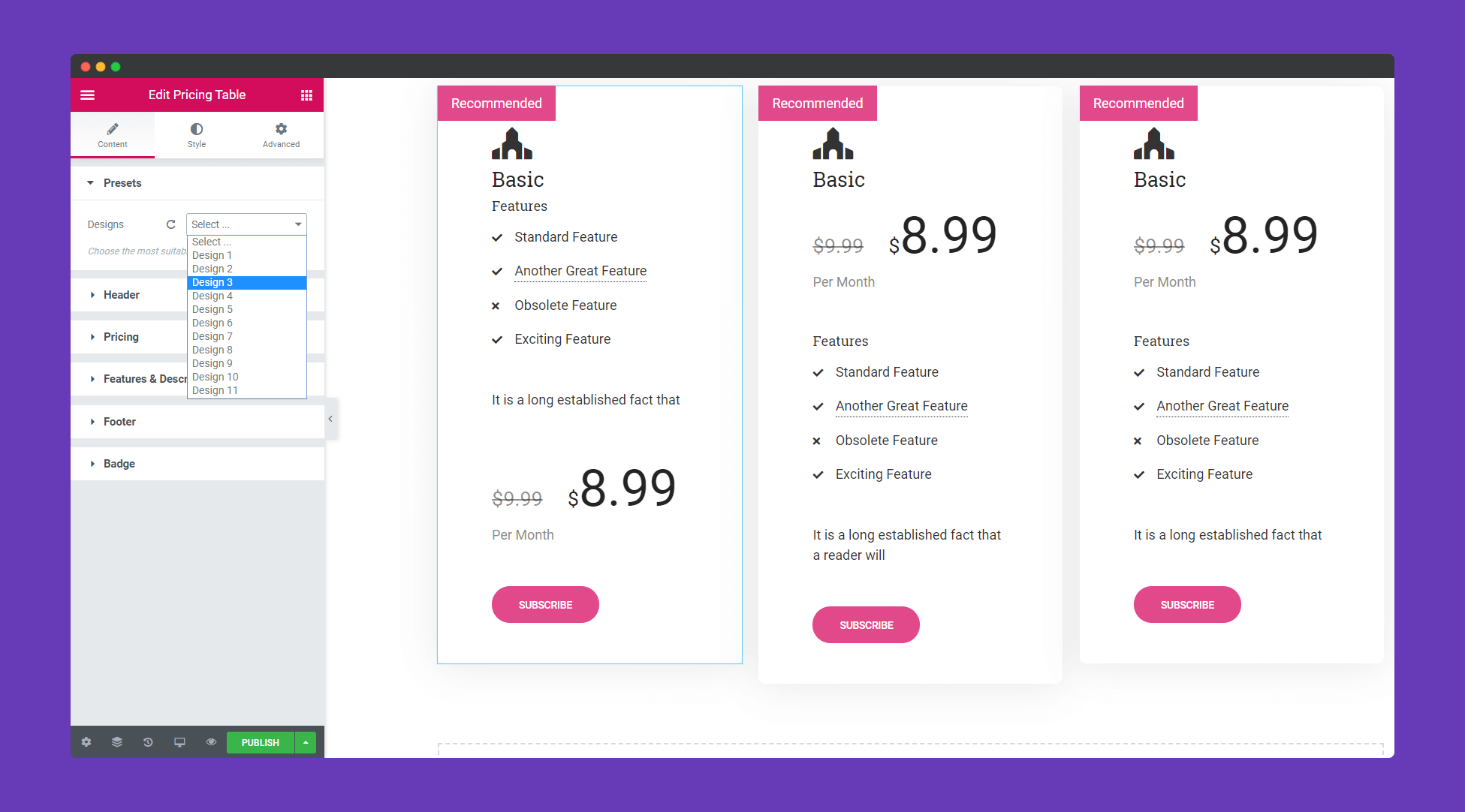
Elementor’s Pricing Strategy:
Free Version: Elementor’s free tier is perfect for those just getting their feet wet in website design. It’s like being handed the keys to a playground where you can experiment and learn without spending a dime.
Paid Plans: Starting at $49/year, Elementor becomes a no-brainer for anyone serious about crafting a single, high-quality site.
This tier unlocks a plethora of advanced features and widgets, making it a value-packed choice for individual site builders or small businesses aiming to elevate their online presence.
Divi’s Pricing Approach:
Premium from the Get-Go: Divi plays in a different league, skipping the free trial and heading straight for the premium offerings. It’s for those who are ready to commit, offering comprehensive tools and templates from the word ‘go’.
Annual vs. Lifetime: At $89/year, Divi offers an “all-you-can-build” pass, ideal for web designers and agencies that juggle multiple projects. Then there’s the golden ticket – a $249 lifetime pass that’s basically a one-time investment for endless projects. This option is a dream come true for serial site builders and agencies looking to streamline their expenses over time.
Making Your Choice:
When it boils down to choosing between Elementor and Divi, it’s all about assessing your needs and how much you’re willing to invest upfront.
For Solo Projects and Beginners: Elementor’s free version might be all you need to get started, with the option to upgrade as your site grows.
For Professional Designers and Agencies: Divi’s lifetime pass could be the smarter financial move, especially if you’re in the game for the long haul and manage multiple sites.
In the rapidly evolving world of web design, both Elementor and Divi offer compelling options.
It’s like picking between a high-quality espresso machine that pays for itself over time or a gourmet coffee subscription that keeps the good times rolling month after month. Whichever path you choose, you’re setting the stage for some fantastic website creation. 🌟
So, what’s it gonna be? Ready to make your pick and start building?
Ultimately, the performance difference between Divi and Elementor comes down to a balance between features and optimization. While Elementor may have an edge in raw page speed, Divi’s capabilities can be optimized to deliver a fast and efficient website, provided you’re willing to invest the time and effort into fine-tuning its performance.
Choosing the Right Path: Divi or Elementor?
The choice between Divi and Elementor ultimately depends on your specific needs, experience level, and long-term goals for your WordPress website. If you’re a power user seeking advanced customization and a thriving ecosystem, Divi’s robust features and community support might be the ideal fit.
Conversely, if you’re a beginner or value a more streamlined design process, Elementor’s user-friendly interface and rapid prototyping capabilities could be the better option.
Carefully evaluate your requirements and weigh the pros and cons of each platform to determine which one aligns best with your WordPress aspirations.

